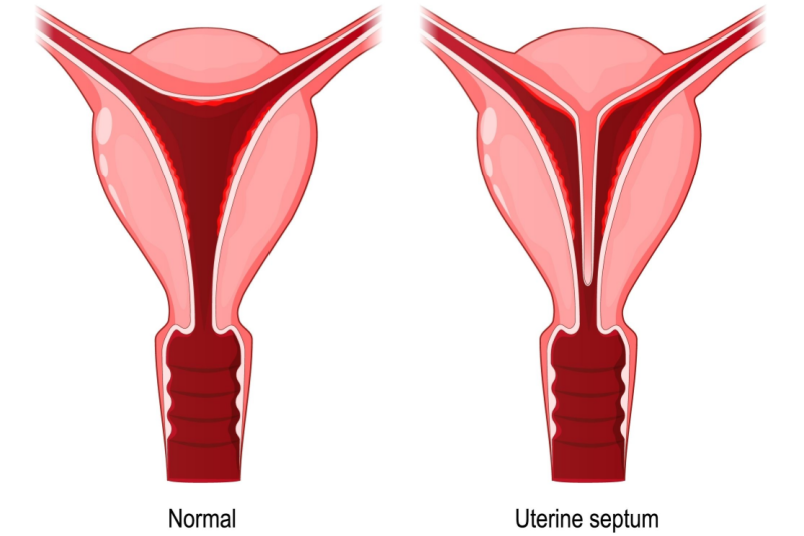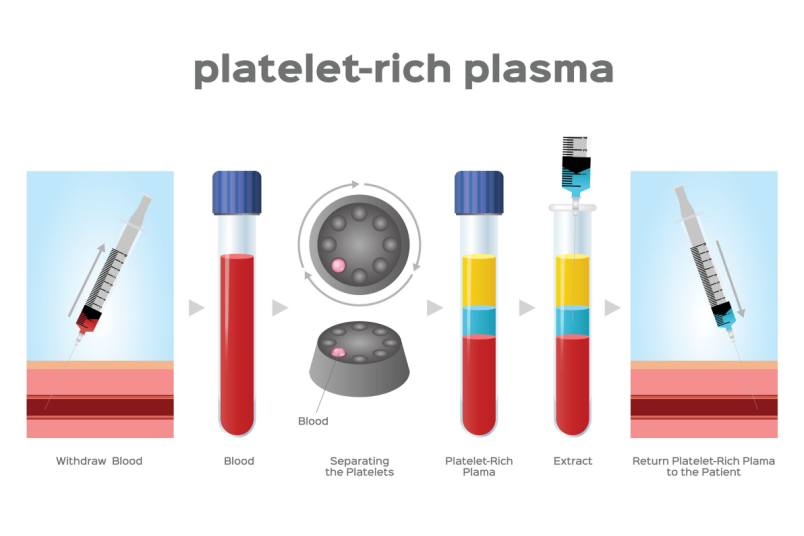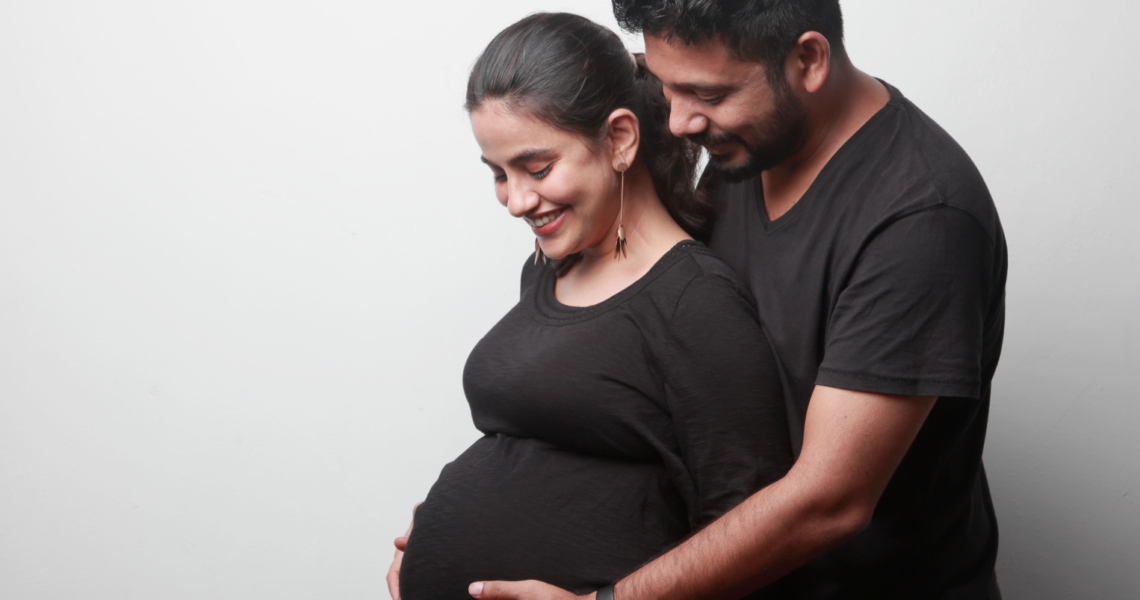In this case study, we witness a case of a 33-year-old woman who despite having a birth defect, was still able to conceive. Surgical removal of the defect almost stopped her menstrual cycle. Later, she was counseled for fertility treatment and after undergoing it, she cherished the much-desired pregnancy.
Two years ago, 33-year-old Kavita (name changed for privacy) had undergone surgery for a septate uterus at another hospital.
A septate uterus is a layer of fibrous tissue splitting the uterine cavity into two halves. Some people are born with a septate uterus, and they may not know it until they undergo a test for infertility, frequent abortions, or occasionally while doing a caesarean section, as an incidental finding. This is a birth defect seen in 2-3% of women.
>Impact of PCOS on Fertility

Owing to this surgery, her menstrual bleeding declined drastically. Before surgery, there were 4-5 days of bleeding every month, which after surgery got reduced to only spotting on the first day of periods.
She explained this worrisome situation to Dr. Sneha, a Fertility Specialist at NU Fertility, Bengaluru, which stressed her out as she desired to become a parent. So, a diagnosis of “Asherman Syndrome” was made as it is seen in 2% of women after this kind of surgery.
Asherman Syndrome is a condition wherein dense adhesions inside the uterus cause decreased space and blood flow for the prospective fetus to grow.
Further, in view of the severely decreased sperm count in her husband (Oligoasthenoteratospermia), she was counselled for Intracytoplasmic Sperm Injection (ICSI) as well as In-vitro Fertilization (IVF).
Medications for stimulation of follicle growth in the ovaries were given, egg retrieval was done, and 6 good-quality embryos were frozen on day 4.
Soon, she had to undergo treatment for the adhesions in the uterus if IVF/ICSI had to work. She underwent hysteroscopy (introduction of a camera to inspect the inside of the uterus) and removal of adhesions inside in 2 sittings, 1 month apart.
The menstrual blood flow improved to 1-2 days of decreased flow in the subsequent cycle. She was happy that she was bleeding again during her cycle, though not like before.
Her embryo transfer was planned in a natural cycle after 5 months, giving adequate time for the uterus to heal to harbor a healthy pregnancy. The uterine lining was not adequate and embryo transfer had to be cancelled for two consecutive months.
We used the latest technique of injecting Platelet-rich plasma (PRP) into the uterine cavity to improve the uterine lining to house the embryo and allow its successful growth. PRP acts by increasing growth factors in the uterus. The uterine lining grew to 5mm which is still below the standard proposed- 7mm. After explaining the chances of embryo implantation, we transferred 2 embryos into the uterus.

A good thick uterine lining is required for success in an IVF /ICSI cycle as this provides space and nutrition to the developing embryo.
The biggest surprise was when her pregnancy test turned positive. Scanning at 6 weeks showed that both the embryos implanted in the uterus, and one had a heartbeat too. The other fetus stopped growing, confirmed on the 8-week scan.
Subsequent follow-up sessions showed that she was 10 weeks pregnant with a normal-growing fetus inside.
If you have a septate uterus and you desire to have a baby, you should talk to your infertility specialist about the possible treatment options.
Having a septate uterus does not mean you cannot have a baby. It just means you may need some extra care and support along the way. With proper treatment and guidance, you can have a successful pregnancy and a healthy baby.
Key Takeaway:
- Septate uterus is a congenital malformation that shows no symptoms most of the time. Further, it does not always have an effect on fertility.
- However, if it causes hindrance to fertility or pregnancy, it may be surgically removed after a thorough diagnosis by a fertility doctor.
- Septal resection is a commonly performed procedure with good results. About 60% of women conceive naturally after septal resection if this is the cause of infertility.
- Complications can happen with any procedure in medicine, and there are ways to tackle them.



